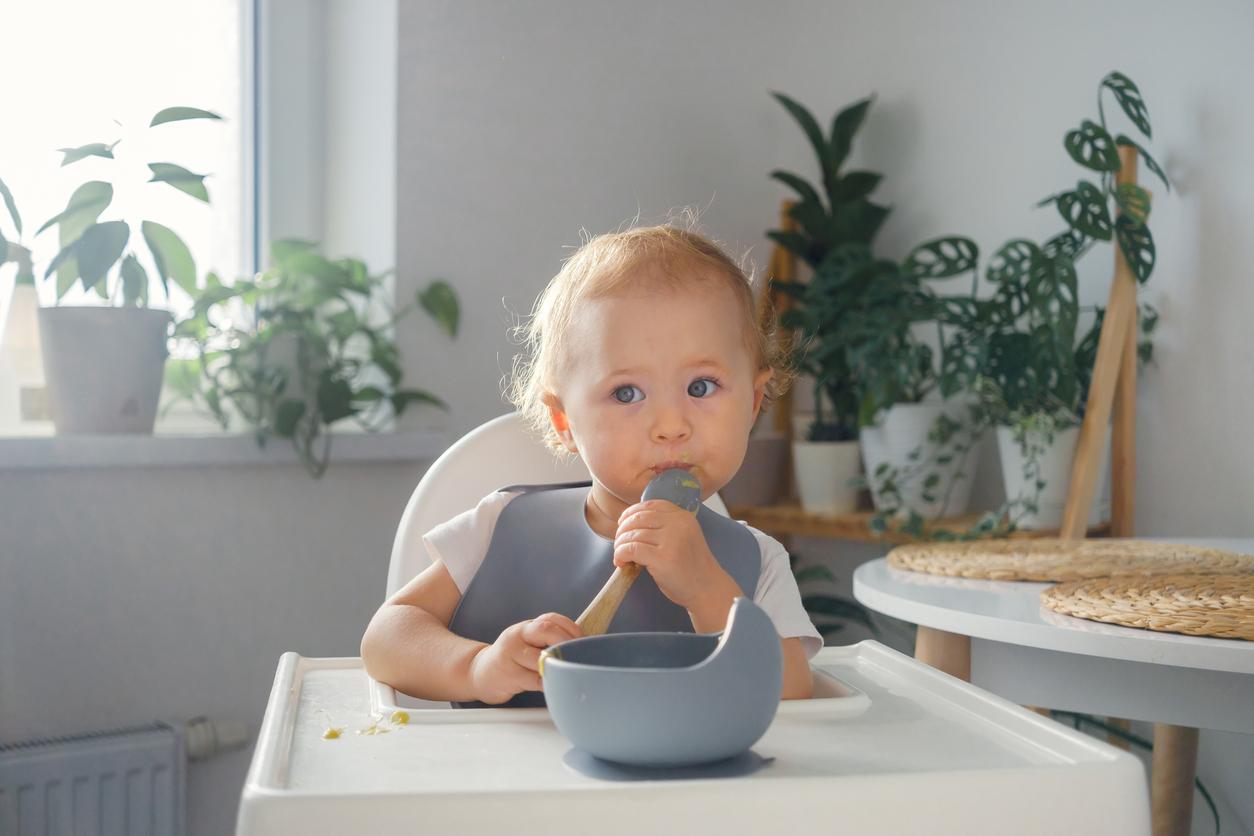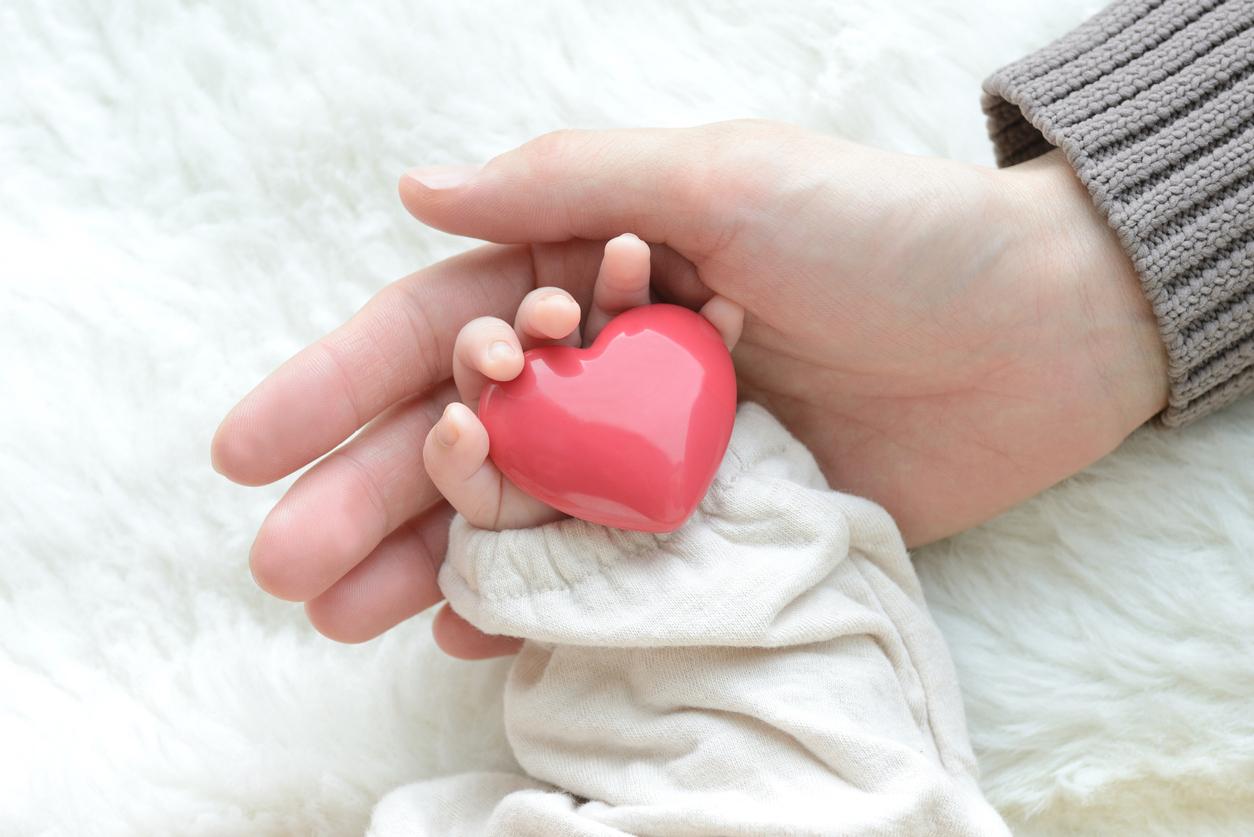Putting your little one to bed at regular times and adopting a good sleep routine, including cuddling and reading books, have long-term beneficial effects on the quality of his sleep.

- A good sleep routine at 3 months improves sleep quality at 2 years.
- Girls are more likely than boys to have sleep problems at 12 months and had more nocturnal awakenings at 24 months.
- With a good routine, the child sleeps longer and wakes up less at night.
This is good news for all future dads: paternity leave increases to 5 weeks starting this Thursday 1er July. Twenty-eight days which allow a better distribution of tasks between the two parents and which can benefit… the baby. A study, published on February 24 in the journal sleepinghighlights the importance of bedtime rituals to improve long-term sleep.
A good routine at 3 months to sleep well at 2 years old
A bedtime routine is an important step in a baby’s day. American researchers from the University of Illinois suggest that good care of it in the youngest from the age of 3 months promotes better sleep habits until the age of 2 years. The more activities related to baby’s bedtime at 12 months, the longer children sleep and the less likely they are to experience sleep problems at 18 months and 24 months. “Although bedtime routines have been associated with better sleep outcomes for older children and adults, our study is one of the first to examine their effects on children in the first two years of life.assures Barbara H. Fiese, lead author of the study. These results suggest that from the age of 3 months, it is important to establish simple bedtime routines such as reading books and a regular bedtime to promote good sleep habits at age. 2 years old.”
The researchers interviewed 468 mothers of babies aged 3 months and again when the children were 12 months, 18 months and 24 months. These told scientists about their child’s sleep patterns, including bedtime, wake-up time, how long it took the child to fall asleep, and the number of times where they woke up during the night. Mothers also reported on bedtime activities they engaged in with their child, including hygiene-related activities such as bathing and brushing teeth, as well as putting on pajamas, reading or listening. stories and say goodnight to other family members.
Girls have more sleep problems than boys
The results showed that 3-month-old children with sleep problems get worse as they get older. “Sleep problems more than doubled from 4.9% at three months of age to 10.6% at 24 months of age”, reveals Barbara H. Fiese. Nocturnal waking steadily declined as children grew, with more than 43% of infants waking at night at three months of age to just over 15% at 24 months of age. The researchers found that girls are more likely than boys to have sleep problems at 12 months and had more nocturnal awakenings at 24 months.
“When bedtime routines were consistent, parents reported that children slept longer from 12 months of age, and had fewer nighttime awakenings and fewer sleep problems at 18 months.reported Kelly Freeman Bost, professor of child development and co-author of the study. Similar associations were found with bedtime-related activities, the frequency of which increased as children grew older. When parents engaged in more of these activities, children had better sleep outcomes, including longer sleep duration at 18 months and 24 months.”
.

















